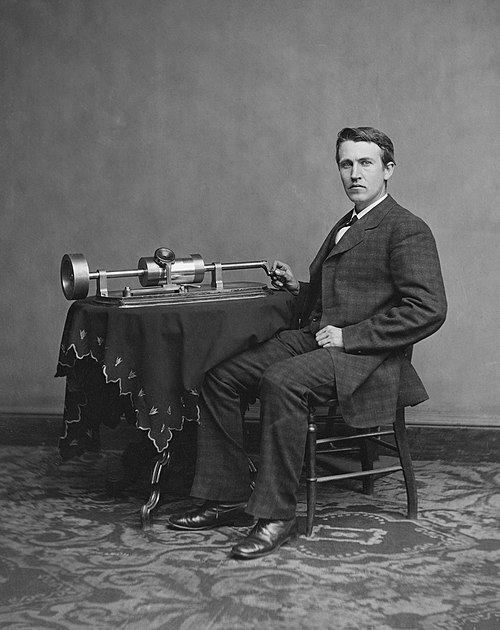Imaginationnoun
The image-making power of the mind; the act of mentally creating or reproducing an object not previously perceived; the ability to create such images.
Imaginationnoun
Particularly, construction of false images; fantasizing.
Imaginationnoun
Creativity; resourcefulness.
Imaginationnoun
A mental image formed by the action of the imagination as a faculty; something imagined.
Imaginationnoun
The imagine-making power of the mind; the power to create or reproduce ideally an object of sense previously perceived; the power to call up mental imagines.
Imaginationnoun
The representative power; the power to reconstruct or recombine the materials furnished by direct apprehension; the complex faculty usually termed the plastic or creative power; the fancy.
Imaginationnoun
The power to recombine the materials furnished by experience or memory, for the accomplishment of an elevated purpose; the power of conceiving and expressing the ideal.
Imaginationnoun
A mental image formed by the action of the imagination as a faculty; a conception; a notion.
Imaginationnoun
the formation of a mental image of something that is not perceived as real and is not present to the senses;
Imaginationnoun
the ability to form mental images of things or events;
Imaginationnoun
the ability to deal resourcefully with unusual problems;
Imaginationnoun
the faculty or action of forming new ideas, or images or concepts of external objects not present to the senses
Imaginationnoun
the ability of the mind to be creative or resourceful
Imaginationnoun
the part of the mind that imagines things
Imagination
Imagination is the ability to produce and simulate novel objects, sensations, and ideas in the mind without any immediate input of the senses. It is also described as the forming of experiences in one's mind, which can be re-creations of past experiences such as vivid memories with imagined changes, or they can be completely invented and possibly fantastic scenes.
Inventionnoun
Something invented.
Inventionnoun
The act of inventing.
Inventionnoun
The capacity to invent.
Inventionnoun
(music) A small, self-contained composition, particularly those in J.S. Bach’s Two- and Three-part Inventions.
Inventionnoun
(archaic) The act of discovering or finding; the act of finding out; discovery.
Inventionnoun
The act of finding out or inventing; contrivance or construction of that which has not before existed; as, the invention of logarithms; the invention of the art of printing.
Inventionnoun
That which is invented; an original contrivance or construction; a device; as, this fable was the invention of Esop; that falsehood was her own invention; she patented five inventions.
Inventionnoun
Thought; idea.
Inventionnoun
A fabrication to deceive; a fiction; a forgery; a falsehood.
Inventionnoun
The faculty of inventing; imaginative faculty; skill or ingenuity in contriving anything new; as, a man of invention.
Inventionnoun
The exercise of the imagination in selecting and treating a theme, or more commonly in contriving the arrangement of a piece, or the method of presenting its parts.
Inventionnoun
the creation of something in the mind
Inventionnoun
a creation (a new device or process) resulting from study and experimentation
Inventionnoun
the act of inventing
Inventionnoun
the action of inventing something, typically a process or device
Inventionnoun
something, typically a process or device, that has been invented
Inventionnoun
creative ability
Inventionnoun
something fabricated or made up
Inventionnoun
used as a title for a short piece of music
Invention
An invention is a unique or novel device, method, composition or process. The invention process is a process within an overall engineering and product development process.







